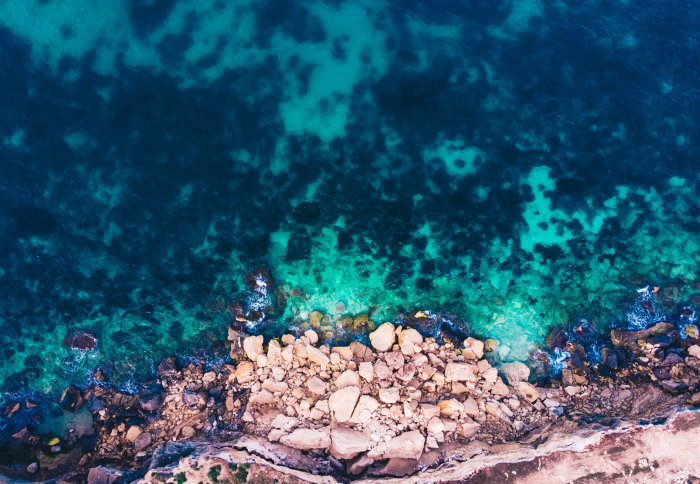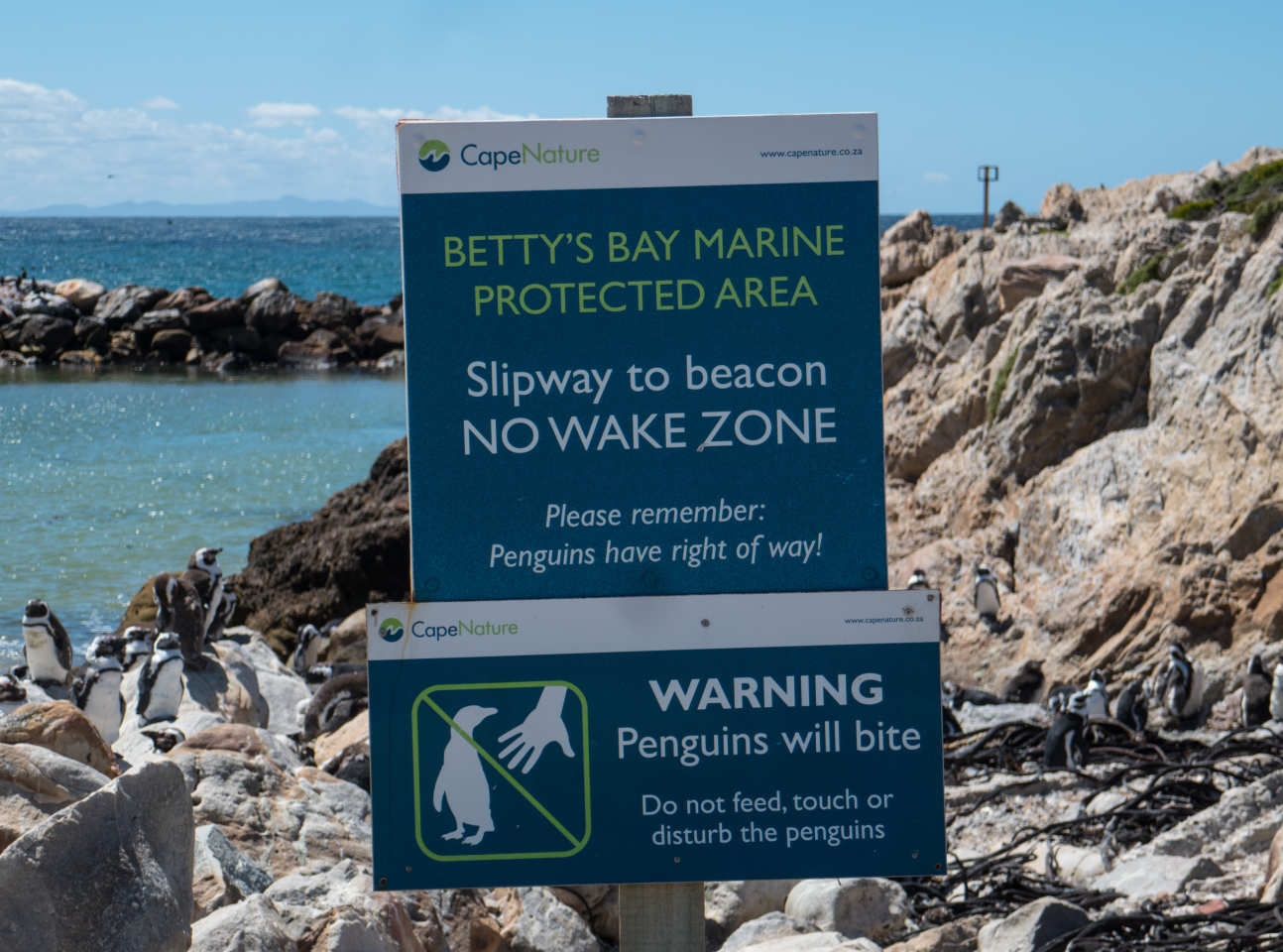The best marine protected areas also promote human wellbeing

Marine protected areas set up to provide the most benefit to local ecosystems also benefit human wellbeing the most, according to new research.
Marine protected areas (MPAs) are regions of seas, oceans or estuaries where human activities are restricted, especially fishing. MPAs can vary across countries and regions in terms of their governance and which activities are allowed.
It’s encouraging that we can identify characteristics that make MPAs beneficial to both ecological and social outcomes. Dr Morena Mills
While much work has been done to assess the ecological impact of different MPAs, little has focused on the human impact.
Now, an international team led by the University of Victoria in Canada and including an Imperial College London researcher have reviewed the impact of MPAs on human wellbeing.
This included livelihood factors, for example how changing fishing rights affects income as fishing grounds have to move. This could also cause conflict among fishers or between fishers and authorities, and change how much effort it takes to catch the same amount of fish.
Human wellbeing also includes social factors such as community involvement, tourism, or local recreation.
The team’s results, published today in Nature Sustainability, show that more positive than negative outcomes were recorded, and this was particularly true for MPAs that protected ecosystems most effectively.
Co-author Dr Morena Mills, from the Department of Life Sciences at Imperial, said: “It’s encouraging that we can identify characteristics that make MPAs beneficial to both ecological and social outcomes, giving us a framework for looking after both natural and human factors.”
Double benefit
The team reviewed all academic peer-reviewed papers that assessed some aspect of human wellbeing and MPAs. They found that more positive (51%) than negative (31%) outcomes were reported, with the rest showing no change in wellbeing outcomes.
The most positive wellbeing outcomes of MPAs related to community involvement (76% positive), fisheries catch per unit effort (73%), and income (65%).
 Where it was reported, the cost of fishing always increased. However, there were only 13 cases reported, and all were related to the cost of fuel due to going further distances to catch fish. Conflict was also reported as rising in most (79%) cases.
Where it was reported, the cost of fishing always increased. However, there were only 13 cases reported, and all were related to the cost of fuel due to going further distances to catch fish. Conflict was also reported as rising in most (79%) cases.
MPAs with the most positive wellbeing outcomes were typically single zones, rather than encompassing more than one zone, and had no-take fishing policies, where fishing for any species is prohibited. They were also more than 10 years old and had high enforcement, meaning rule-breakers were more likely to be punished.
These factors also make these MPAs the best at conserving local ecosystems, providing a double benefit.
Local context
Many studies showed both negative and positive human wellbeing outcomes for the same MPA. For example, an MPA might provide increased income for one fishery that is allowed to continue inside the area or can fish in a buffer zone, but result in an increased cost of fishing for a displaced fishery.
Lead researcher Dr Natalie Ban, from the University of Victoria, said: “Local context will always be important, and when MPAs are implemented efforts should be made to support those who will be negatively affected.”
The team say that there is still more work to be done to assess the impacts of MPAs on human wellbeing, for example concerning coastal communities, recreation, or tourism.
They also note that separating the data more would allow detailed insights into whether different aspects of society are advantaged or disadvantaged by MPAs, such as whether women are affected differently from men or whether some economic or ethnic groups are affected differently from others.
-
‘Well-being outcomes of marine protected areas’ by Natalie C. Ban, Georgina Grace Gurney, Nadine A. Marshall, Charlotte K. Whitney, Morena Mills, Stefan Gelcich, Nathan J. Bennett, Mairi Meehan, Caroline Butler, Stephen Ban, Tanya C. Tran, Michael E. Cox and Sara Jo Breslow is published in Nature Sustainability.
Top image by logaen/Shutterstock
Second image by Leif Ingvarson/Shutterstock
Article text (excluding photos or graphics) © Imperial College London.
Photos and graphics subject to third party copyright used with permission or © Imperial College London.
Reporter
Hayley Dunning
Communications Division